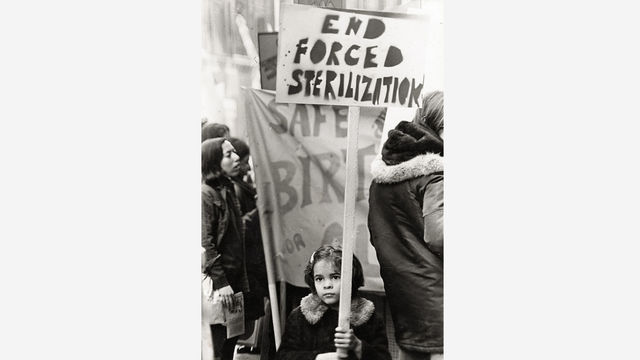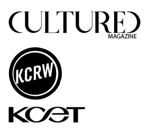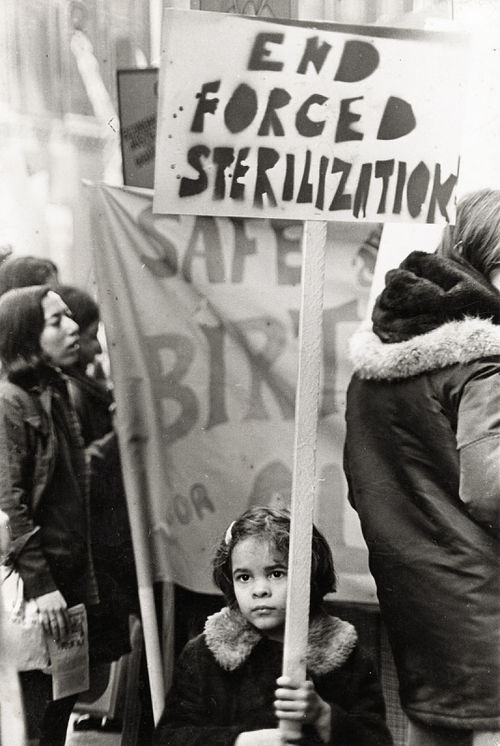
No Más Bebés
- This is a past program
This documentary tells the story of Mexican immigrant mothers who were forcibly or unknowingly sterilized while giving birth at the Los Angeles County-USC Medical Center during the 1960s and 1970s. Represented by a young Chicana lawyer, the mothers stood up to injustice by suing the county, state, and US government. (2015, dir. Renee Tajima-Peña, 79 min.)
A Q&A with director Renee Tajima-Peña follows.
This program is in conjunction with a Hammer Forum on forced sterilization on October 29.
No más bebés
Martes 24 de octubre a las 7:30 p.m.
Este documental cuenta la historia de madres inmigrantes mexicanas quienes fueron esterilizadas de manera forzada o sin que lo supieran al dar a luz en el Los Angeles County-USC Medical Center durante las décadas de sesenta y setenta. Representadas por una joven abogada chicana, las madres reclamaron justicia y demandaron al condado, al estado y al gobierno de Estados Unidos. (2016, dir. Renee Tajima-Peña, 79 min.)
A continuación se presentará una sesión de preguntas y respuestas con la directora Renee Tajima-Peña.
All Hammer public programs are free and made possible by a major gift from an anonymous donor.
Generous support is also provided by Susan Bay Nimoy and Leonard Nimoy, Good Works Foundation and Laura Donnelley, an anonymous donor, The Samuel Goldwyn Foundation, and all Hammer members.
The Hammer’s digital presentation of its public programs is made possible by the Billy and Audrey L. Wilder Foundation.
Radical Women: Latin American Art, 1960-1985 is organized by the Hammer Museum, Los Angeles, as part of Pacific Standard Time: LA/LA, an initiative of the Getty with arts institutions across Southern California. The exhibition is guest curated by Cecilia Fajardo-Hill, Andrea Giunta with Marcela Guerrero former curatorial fellow, in collaboration with Connie Butler, chief curator, Hammer Museum.
Radical Women: Latin American Art, 1960–1985 is made possible through lead grants from the Getty Foundation.
Major funding is provided by the Diane and Bruce Halle Foundation and Eugenio López Alonso. Generous support is provided by the Vera R. Campbell Foundation, Marcy Carsey, Betty and Brack Duker, Susan Bay Nimoy, and Visionary Women.
Additional support is provided by the Radical Women Leadership Committee and the Friends of Radical Women.

Media sponsorship is provided by Cultured magazine, KCET, and KCRW 89.9 FM.











![Sandra Eleta (Panamanian, b. 1942), Edita (la del plumero), Panamá (Edita [the one with the feather duster], Panama), 1977](/sites/default/files/styles/related_content_teaser/public/migrated-assets/media/exhibitions/2017/PST_Radical_Women/Eleta__Sandra.jpg?h=46193da9&itok=I4LXMVqO)















![María Evelia Marmolejo (Colombian, b. 1958), Anónimo 1 (Homenaje a los desaparecidos y torturados dentro de los hechos violentos) (Anonymous 1 [homage to those disappeared and tortured in violent incidents]), 1981.](/sites/default/files/styles/related_content_teaser/public/migrated-assets/media/exhibitions/2017/PST_Radical_Women/Marmolejo__Maria_Evelia_Anonimo_1.jpg?itok=Bhg0C-jD)








